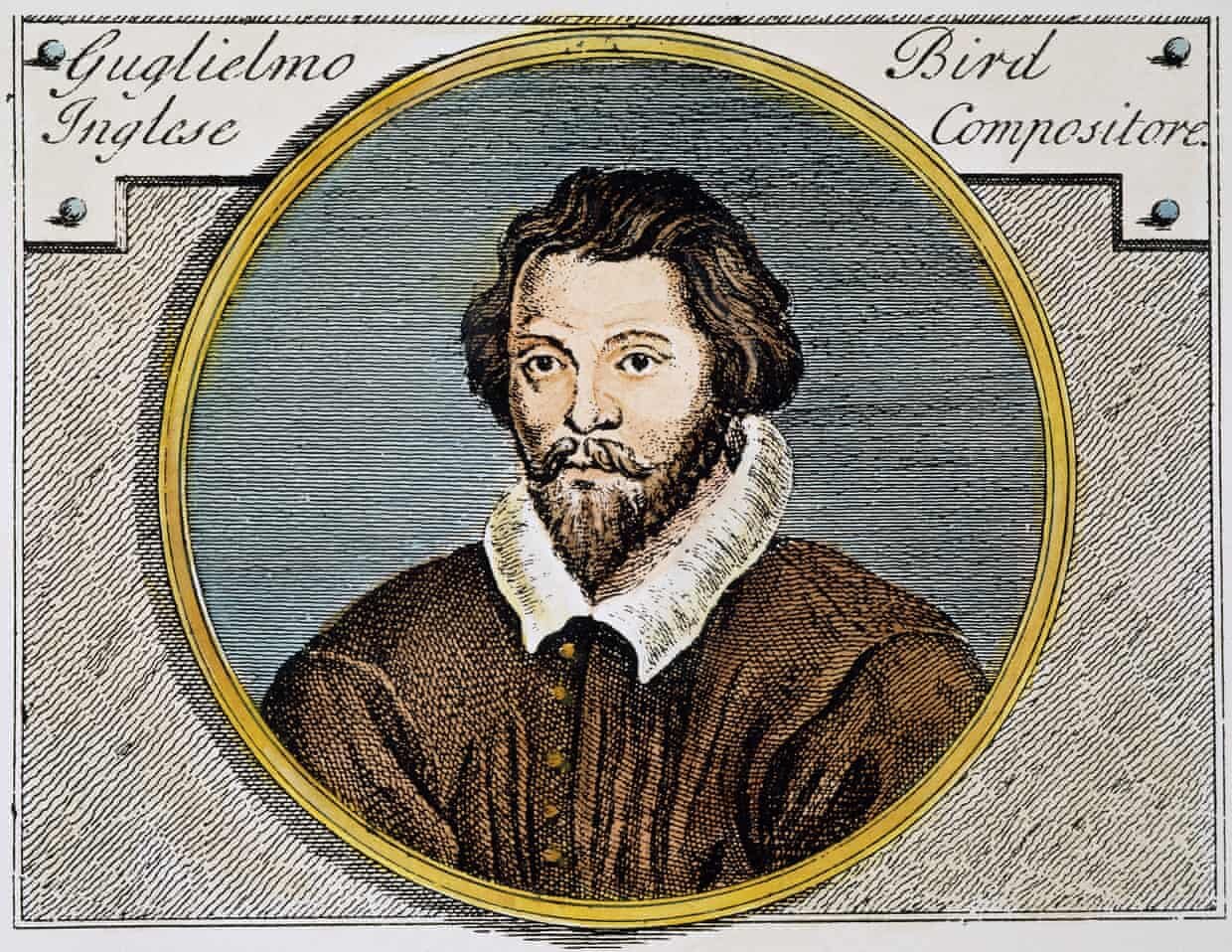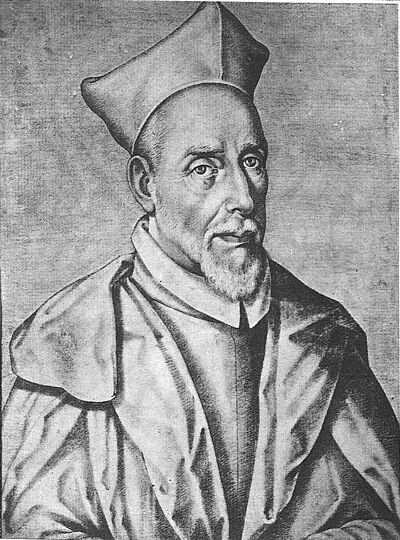This week Early Music Monday explores how Machaut survived the plague (and what we can learn from his experience). In the meantime, please remember that musicians (among others) are unemployed right now. The more you do your part to slow the spread of Covid-19, the sooner musicians can go back to work. Probably Machaut's solution is a little extreme...
Gradualia
Most of my favorite pieces by William Byrd are taken from his two collections entitled “Gradualia" - music written for private performance in a devotional setting rather than for large audiences in a concert hall. Seems rather fitting to explore these pieces again now, when live concerts for large audiences are almost unthinkable. Read more below about this incredible collection of music and the circumstances in which it was composed!
Singing in secret: how William Byrd created his best work in isolation
Music of Medical Horrors
This pandemic may have us recalling the rampant disease and political strife of centuries past, but at least medicine has advanced *somewhat* since then!
This Early Music Monday we explore a 3-minute programmatic piece by Marais about a horrifying surgical procedure (which he experienced).
How a painful operation inspired the 18th-century equivalent of a horror movie soundtrack
Guerrero and the Plague
Here’s another post from 2019: Guerrero is known as one of the giants of renaissance polyphony, but he also was a plague victim. Before that he was held for ransom by pirates, spent time in prison, and wrote a book about his adventures, among other things.
Music in Times of Pandemic
Following up on last week’s “Black Death Music Parties”, this isn’t the first time the musical community (or the world in general) has been impacted by a pandemic. Early Music America had a great article exploring this issue!
A Historically Informed Approach to Music in Times of Pandemic
The Plague and Music
Here’s a repeat of an Early Music Monday post from May 2019 that seems timely:
The History of Black Death Music Parties
What is our life?
Political upheaval? Rampant disease?
Late Renaissance or just yesterday’s news?
Here’s a setting of Sir Walter Raleigh’s sonnet “What is our life?”, written while he was in the Tower of London awaiting execution.
Black Death Music Parties
Aside from the part where it killed people, the plague actually had a pretty significant impact on music (and culture in general) in medieval/renaissance times. And did you know that Machaut was a plague survivor?
Read more here: Weird Classical: The History of Black Death Music Parties
Francisco Guerrero
Sure, Guerrero was a fantastic composer, but did you also know that he…
- was held for ransom by pirates
- spent time in debtors prison
- wrote a book about his adventures
- and died of the plague




